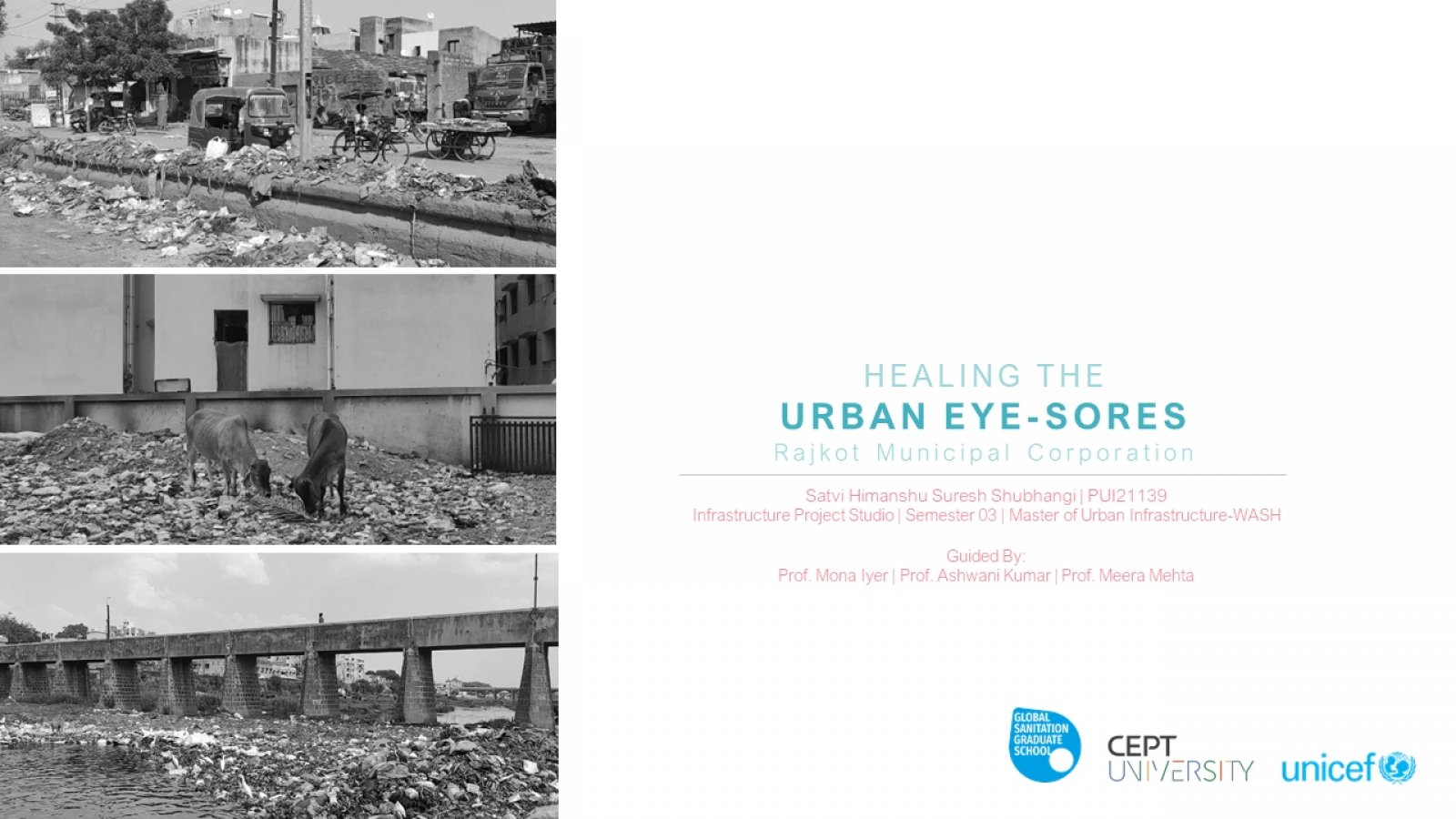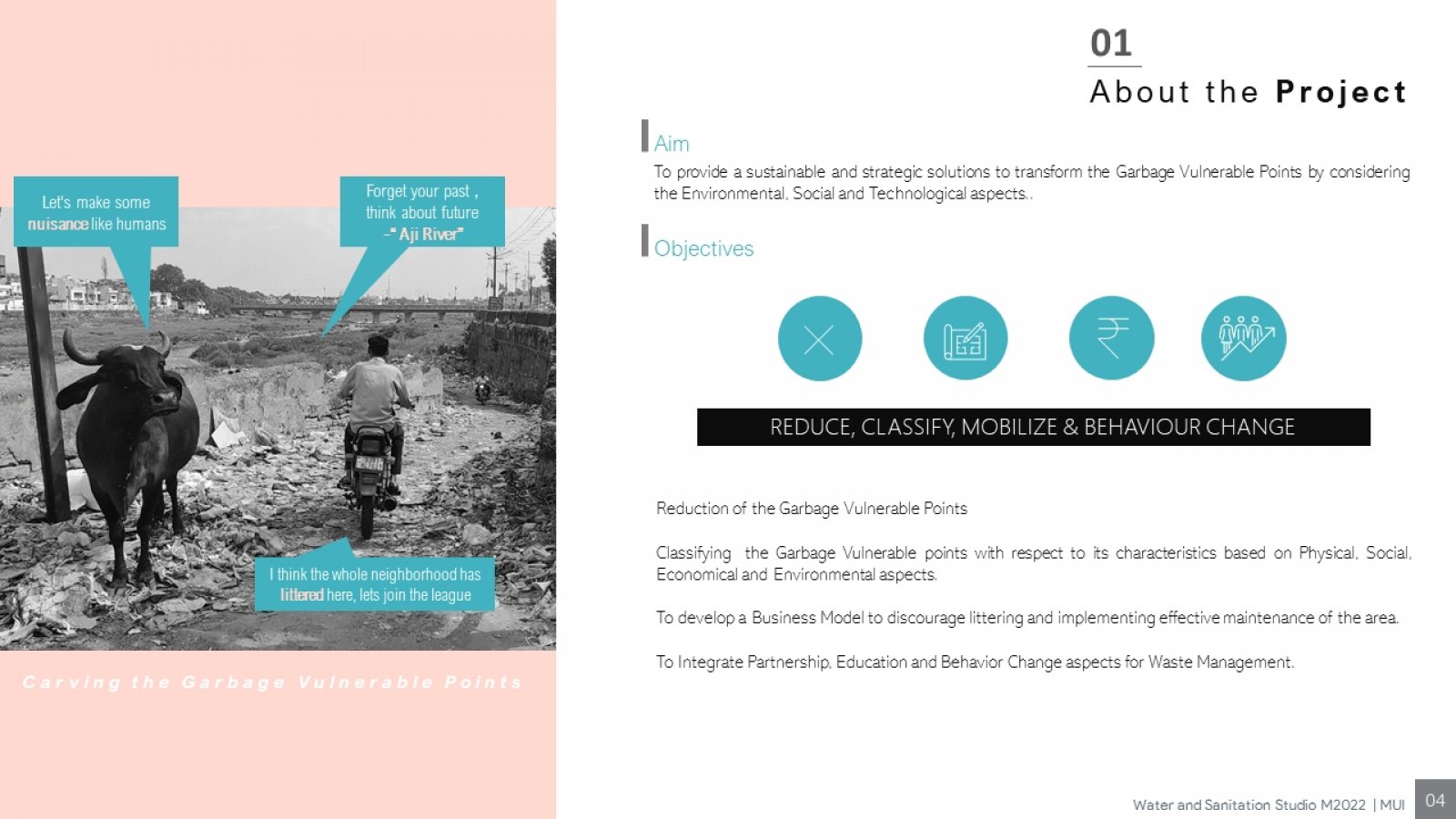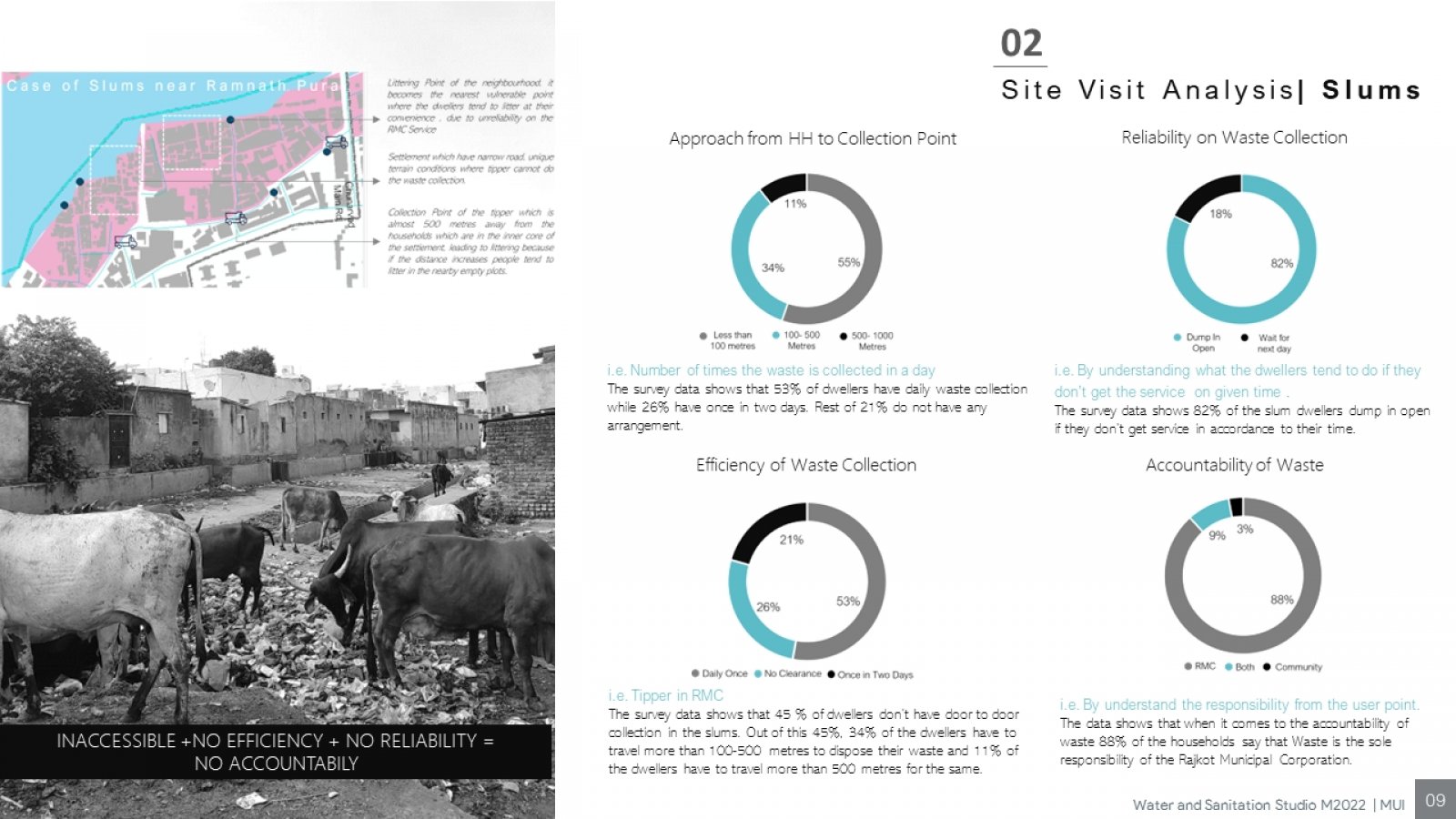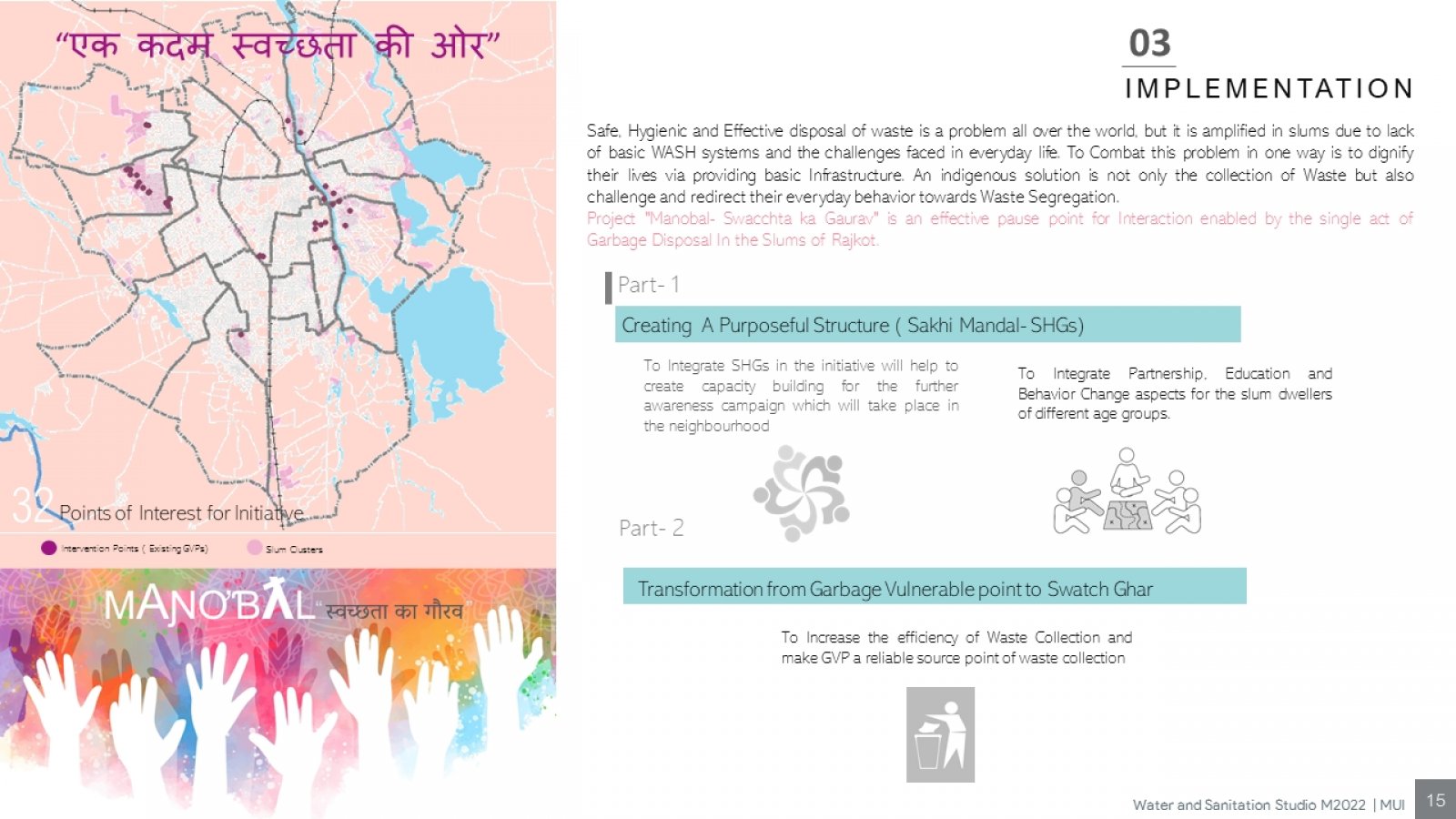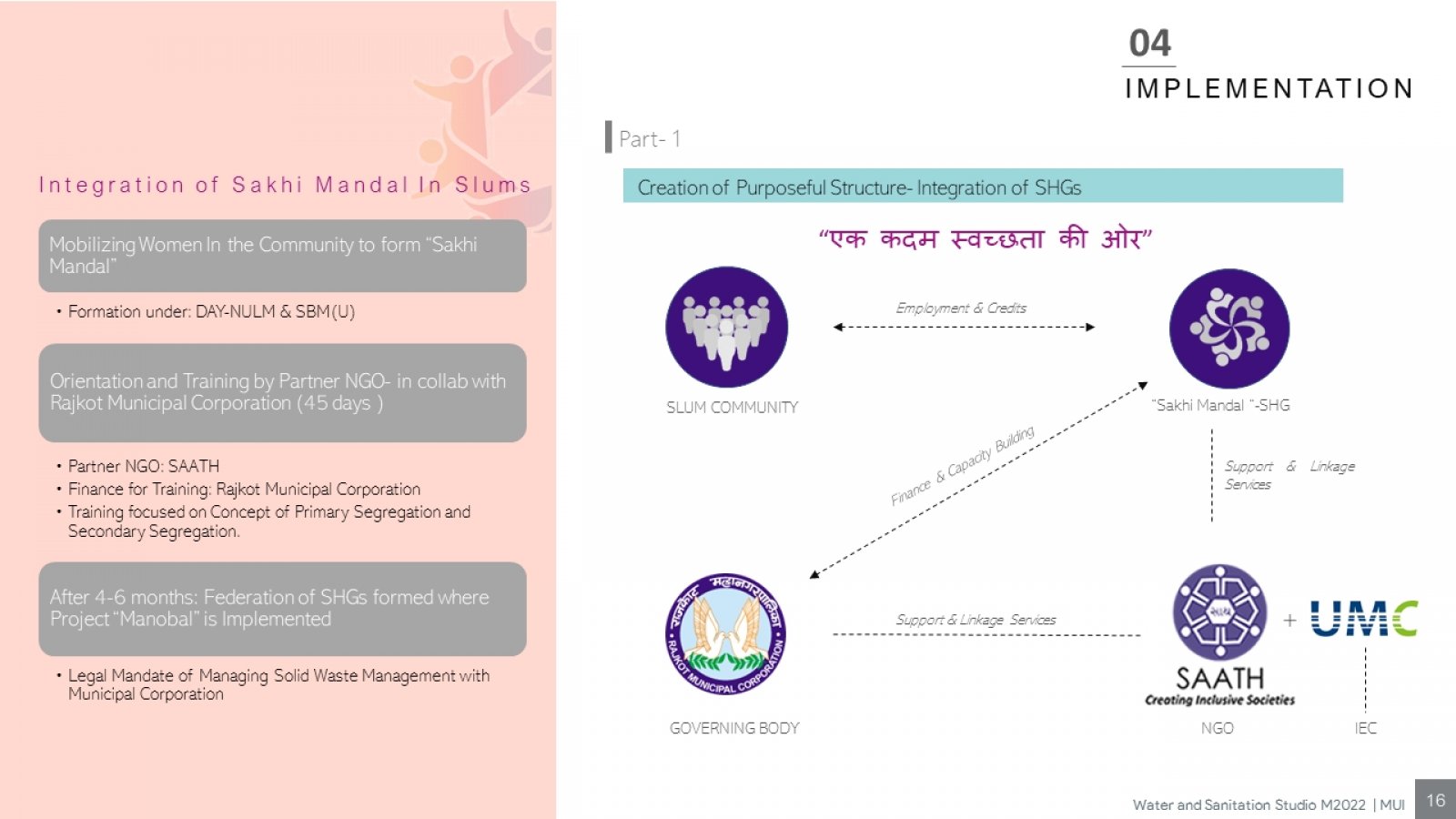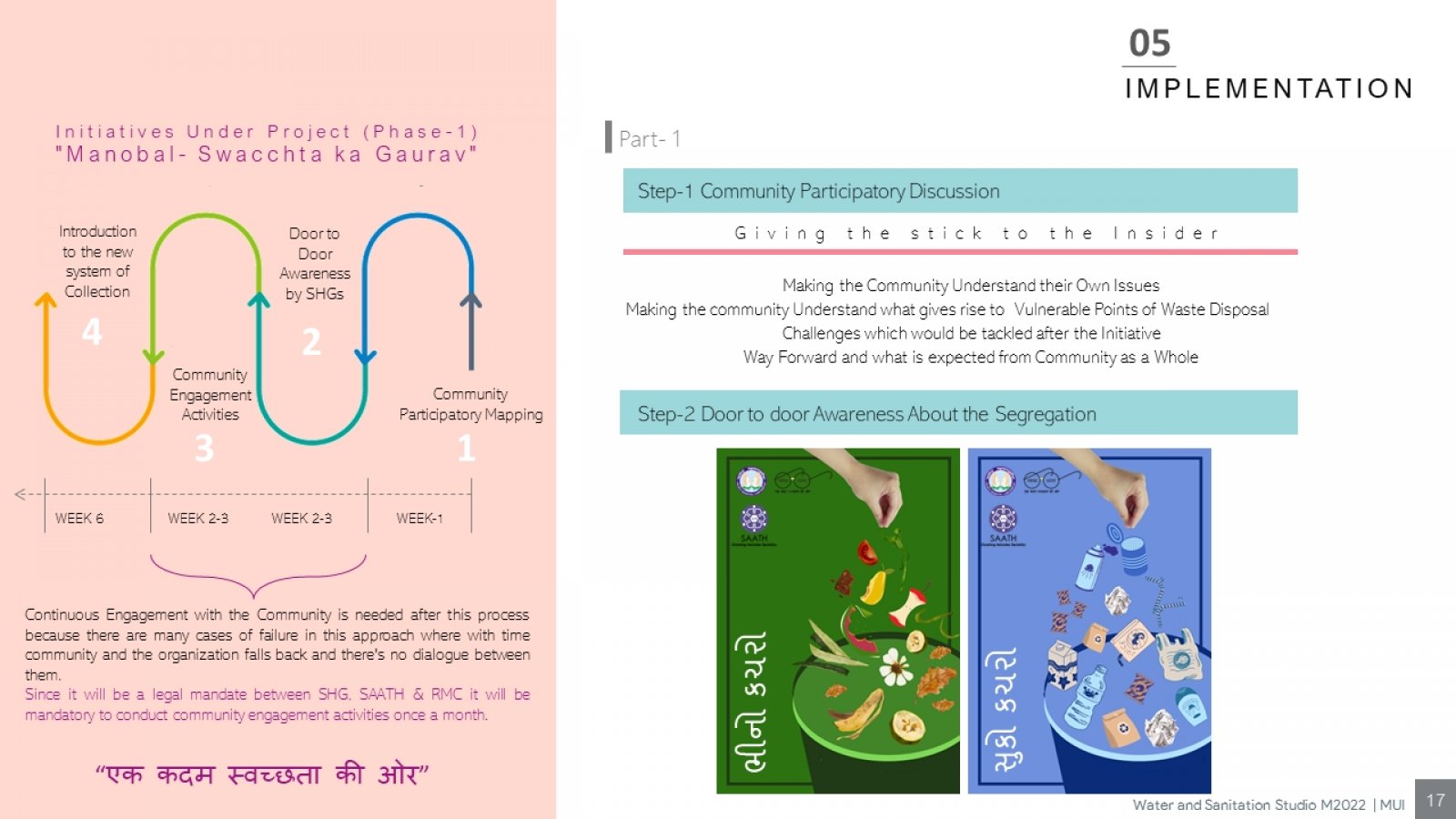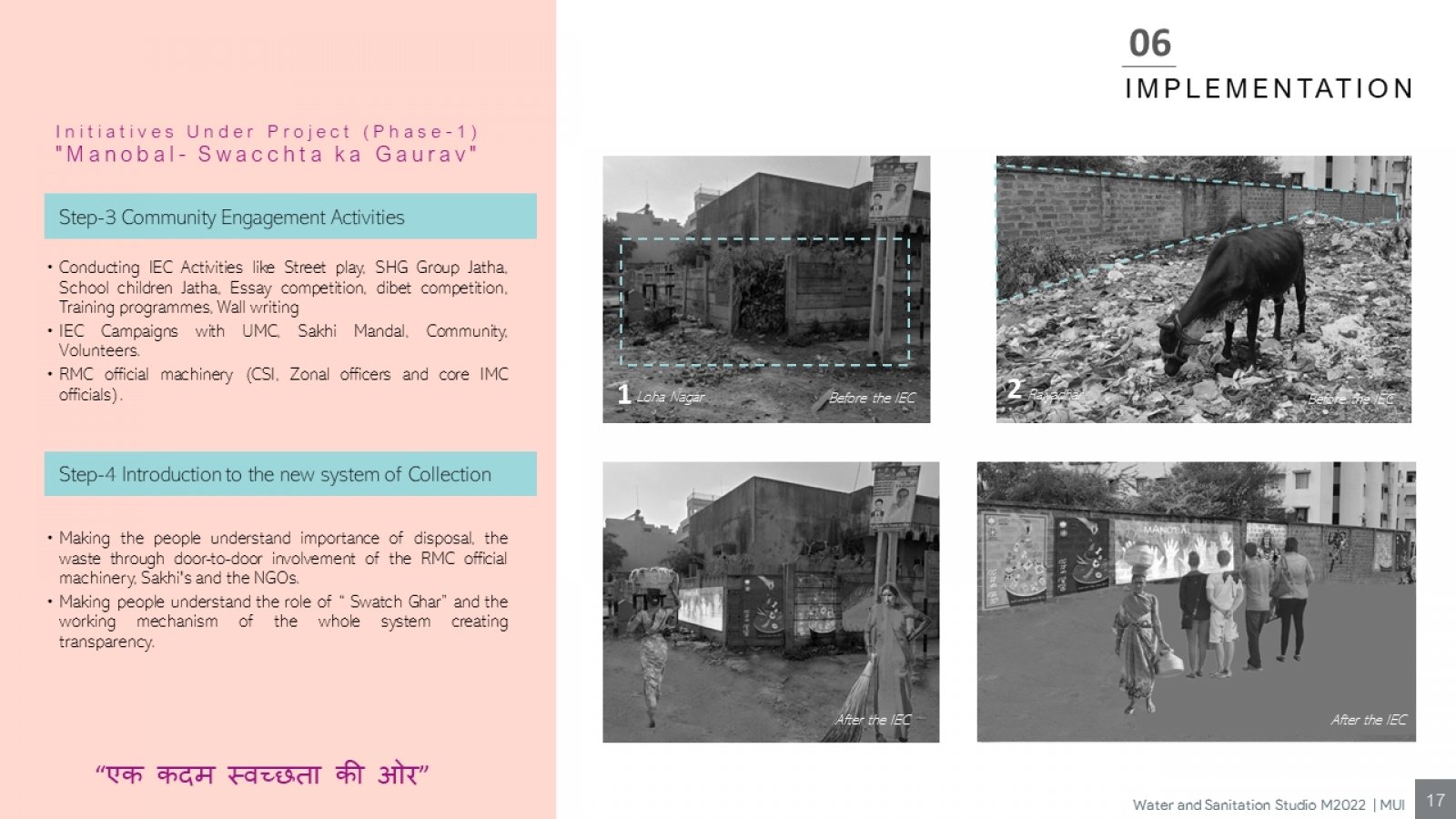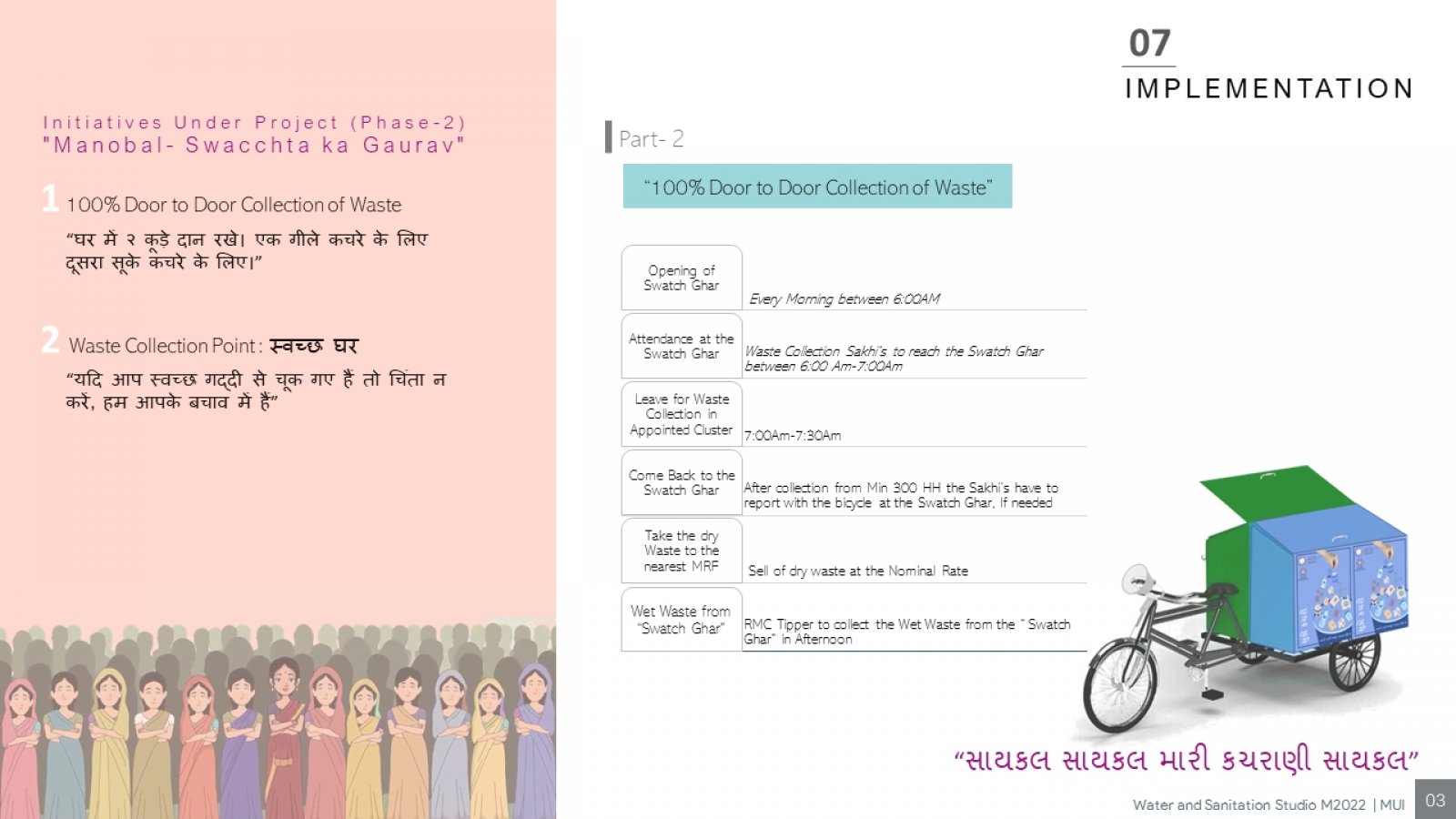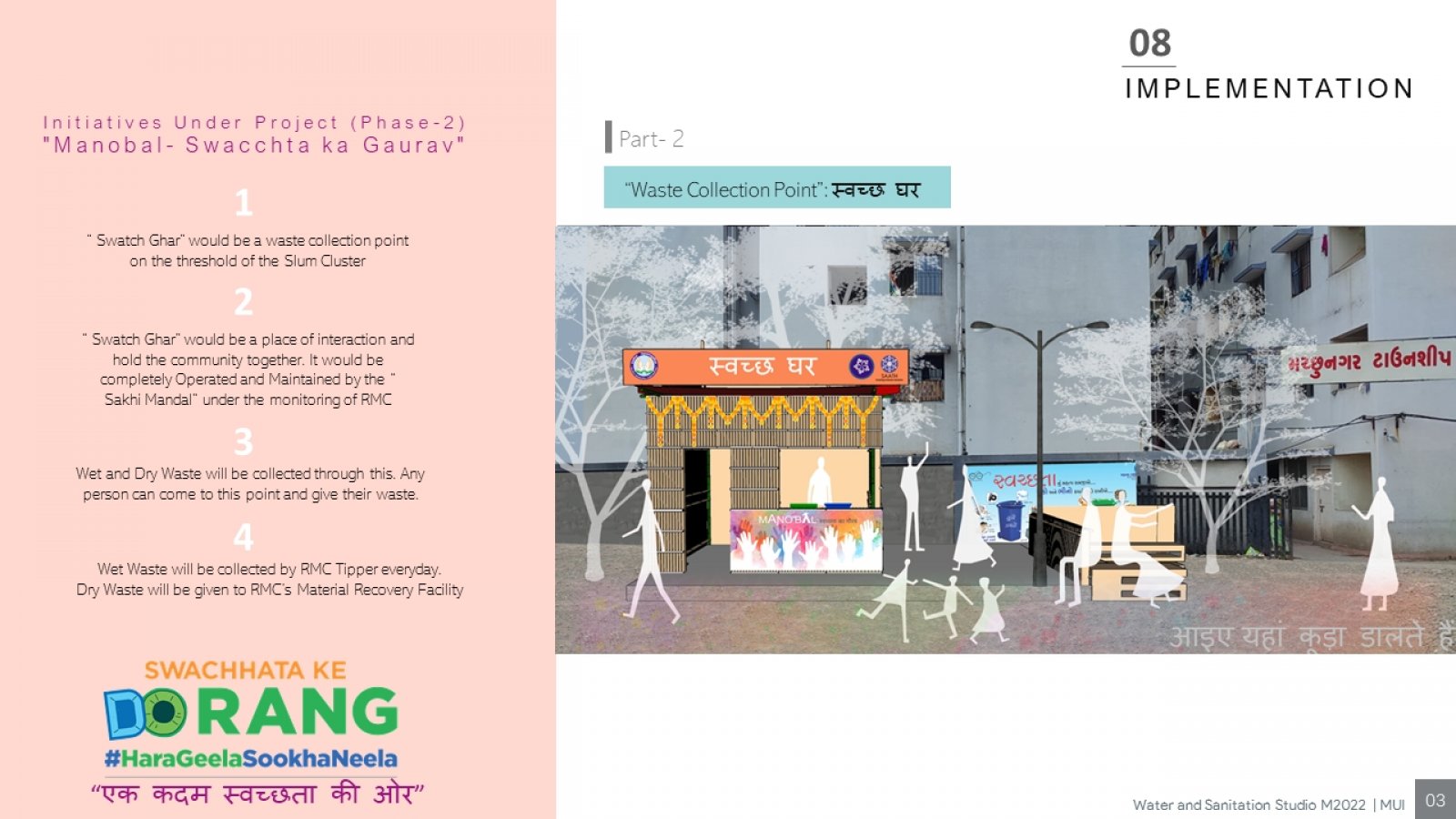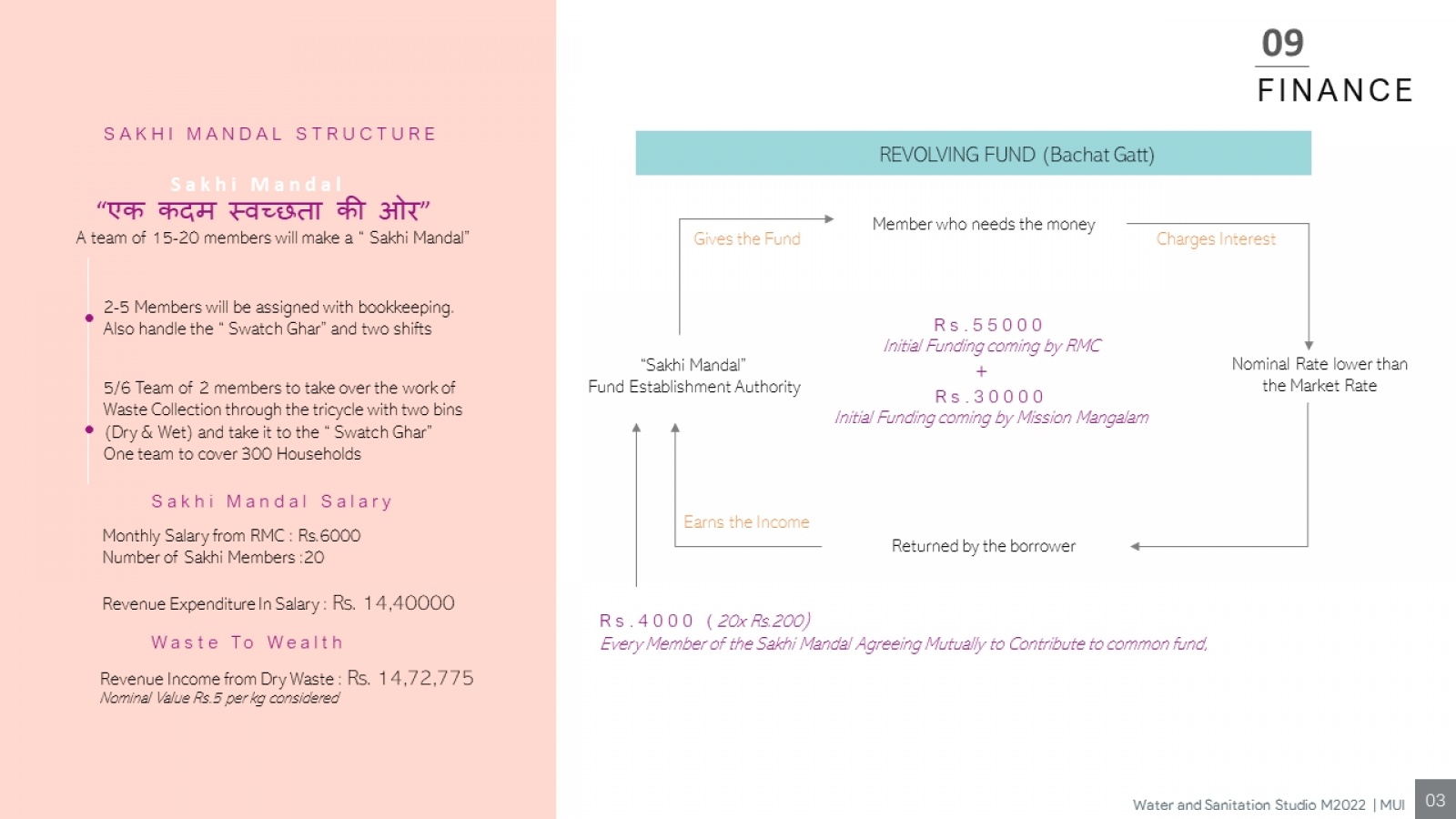- Student SATVI HIMANSHU SURESH SHUBHANGI
- Code PUI21139
- Faculty Planning
- Tutor/s Ashwani Kumar,Siddh Doshi
- TA Nirali Shah
Waste Disposal is a basic component of today’s way of life and is a problem that is increasingly growing with sustained negative effects on the health of communities, environmental quality, and growth of the urban. This study is held to assess the garbage vulnerability points which are eyesores in the city of Rajkot and to investigate the factors contributing to the rise of garbage vulnerable points in the city. In 2013, RMC decided to turn Rajkot into a “Bin-free City” and by 2018 all the community bins were removed from the city which brought the city of Rajkot into the Top ten of the Swatch Bharat Ranking. With time more than 150 Garbage Vulnerable Points turning into makeshift trash bins has become a reason for botheration. Garbage Vulnerable points play a vital role when it comes to Swatch Bharat Ranking and for the past two years, it has become a hurdle for Rajkot Municipal Corporation to achieve its aim of coming in the top ten of the SBM Ranking. Given the social, aesthetic, and environmental problems that arise from such vulnerable points, the study will provide effective solutions to deal with the littering problems and transformation of the garbage vulnerable points, helping the city to move towards its goal of a “Garbage free city”. The reduction of garbage-vulnerable points is one of Swatch Bharat Mission-Urban's objectives to attain Garbage-free cities. When it comes to maintaining the cleanliness of the city, GVPs provide a significant obstacle for ULBs.
